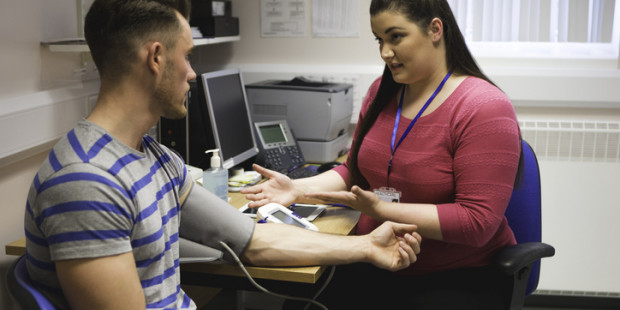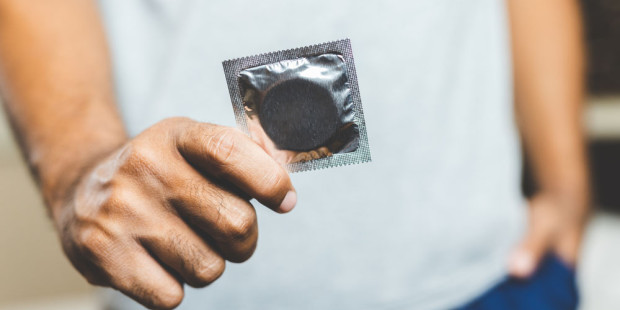What to do now
Some sexual activities are more risky for passing on HIV than others. Using condoms for vaginal, frontal and anal sex can greatly reduce the risk from HIV. If your HIV positive partner is on effective treatment and undetectable then they cannot pass on the virus.
Why visit a GUM clinic?
Depending on the type of sex you've had, you may have picked up other sexually transmitted infections. You or your partner might also need a consultation for access to emergency contraception.
You can be checked for STIs confidentially at any sexual health clinic.
What is PEP?
When people have been put at risk of HIV there's a treatment called post-exposure prophylaxis (PEP) that may prevent HIV infection after the virus has entered the body.
PEP:
Can stop you becoming infected with HIV.
Must be started as soon as possible after exposure, preferably within 24 hours. It can be prescribed up to 72 hours (three days) after condomless sex, but it’s best not to wait that long.
Is available free from NHS sexual health (GUM) clinics and hospital Accident and Emergency departments (A&E).
Involves taking anti-HIV medicines for four weeks.
Now uses newer medication with fewer side effects.
PEP is not a cure for HIV and is not guaranteed to prevent HIV from taking hold once the virus has entered the body. Condoms are the most efficient way of safeguarding your sexual health.
PrEP (pre-exposure prophylaxis)
If you think you may be at risk of HIV you might want to consider pre-exposure prophylaxis (PrEP).
PrEP is a course of tablets taken by an HIV negative person before and after sex to protect against HIV.
Who doesn't get PEP
Oral sex is very low risk for HIV. However, if you get the semen of a man with HIV who has a detectable viral load in your mouth, there's a very small risk that HIV could be passed on.
PEP is no longer given to people who are worried about oral sex. This applies whether you've given oral sex to a man or a woman or received it from a man or a woman.
Who gets PEP
The people who are likely to be prescribed PEP are those who've had receptive or insertive anal sex or receptive vaginal or frontal sex (or shared injecting equipment) with someone who is HIV positive and has a detectable or unknown viral load.
It's also recommended if you've had receptive anal sex with someone with an unknown HIV status who is from an area with high rates of HIV, such as sub-Saharan Africa.
If you've had insertive anal sex, insertive or receptive vaginal sex (or shared injecting equipment) with someone with an unknown HIV status from a high-risk area for HIV, PEP may be considered.
It'll also be considered if you've had insertive vaginal sex with someone who's HIV positive with an unknown or detectable viral load.
Sexual assault
If you’re seeking PEP following a sexual assault it’s important to tell the medical staff. Sexual assault can cause internal physical trauma that can make it easier for HIV to be passed on.
Sexual assault is a crime and the police are there to help you if you choose to report it. If you’re concerned about going straight to the police, you might like to phone the Rape Crisis helpline on 0808 802 9999. They can give support and help you find services.
We're here for you
Remember, whatever happens we're here for you. If you'd like help or support, get in touch with THT Direct on 0808 802 1221.




